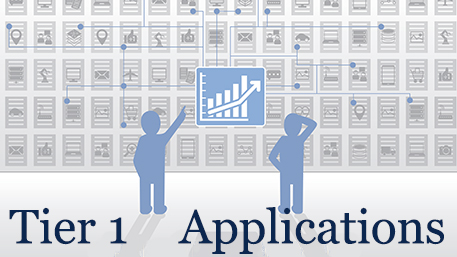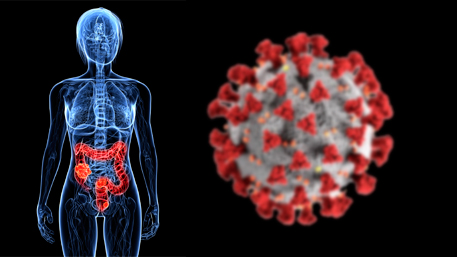Search Results
10 results for precision public health
Marta Gwinn
Marta Gwinn, MD, MPH, is a medical epidemiologist who serves as a senior consultant to CDC’s Offices of Genomics and Precision Public Health (OGPPH) and Advanced Molecular Detection (OAMD). She retired from the Commissioned Corps of the US Public Health Service in 2009, after 26 years of service at CDC. She currently works as a contractor
Leave a commentAbout
Since 1997, the CDC Office of Genomics and Precision Public Health has been dedicated to integrating genomics into public health research, policy, and programs in ways that improve the health of all people. In this blog, we will offer comments from a public health perspective on genomic and precision health research and programs conducted by CDC
Leave a commentCost-effectiveness of Pharmacogenomic Testing: How to Measure the Value of Having the Right Dose of the Right Drug for the Right Patient

A recent systematic review that assessed the cost-effectiveness of pharmacogenetic testing for drugs with existing guidelines concluded that most studies favored pharmacogenomic testing. The significance of this conclusion must be interpreted with caution and in the context of study factors, such as funding sources, geography, cohort, and the cost-effectiveness comparisons being made. Pharmacogenomics (PGx) combines
Posted on byGenetic Discrimination and Misuse of Genetic Information: Areas of Possible Discrimination, Current Legislation, and Potential Limitations

The emergence and the rapid development of various genetic technologies and their incorporation into precision medicine have greatly expanded medicine’s capabilities. At the same time, concerns about the availability and dissemination of vast amounts of personally relevant data have focused attention on potential problems of genetic discrimination. Over the past three decades, concerns about genetic discrimination
Posted on byTrends in Tier 1 Genomic Applications 2013-2022

The CDC Tier 1 genomic applications database can help consumers, providers, health care organizations and public health programs accelerate the translation of genomic discoveries into improved population health. Background Advances in genomics and precision medicine are proceeding at a rapid pace. Many genomic tests have reached clinical practice without clear indication as to whether their
Posted on byUsing Immunogenetics in the Fight Against Ebola Virus Disease

CDC’s Viral Special Pathogens Branch focuses on viruses causing hemorrhagic fevers and requiring the highest levels of biological containment. Within VSPB, the Molecular Pathogenesis and Therapeutics Team conducts basic and applied research to understand how these viruses interact with our bodies to cause disease, and how this knowledge can be used to develop and evaluate
Posted on byThe Science of Gene-Environment Interaction at the Centers for Disease Control and Prevention and Agency for Toxic Substances and Disease Registry

Now, more than ever, we are aware that our environment has implications for our health. We are also learning more about the effects of inherited traits, such as blood type, on disease susceptibility and progression. Understanding the interactions between our environment and our genes and how they affect health outcomes offers a multitude of potential
Posted on byLarge-Scale Population Studies as a Path to Personalized Medicine: Easier Said than Done!

For more than two decades, advances in genomics have promised a new era of personalized or precision medicine (i.e., the right intervention to the right person at the right time). Scientific evaluation of new gene discoveries has been aided by the launch of large-scale epidemiologic and clinical collaborative global studies. In a recent commentary, McCarthy
Posted on byStool-based Colorectal Cancer Screening in the COVID-19 Era

The COVID-19 pandemic continues to exact a devastating public health toll and in many indirect ways. While people work from home and avoid social contact, many may also be skipping important preventive care. Findings released in May of 2020 indicated a drop of between 86% and 94% in preventive cancer screenings in 2020 compared with
Posted on byHost Genomics and COVID-19: One Year Later

Unprecedented global research collaborations in human genomics provide a model for research in response to a pandemic. Early in the COVID-19 pandemic, we discussed the role of research on human genetics in the investigation of SARS-CoV-2 infection and outcomes. We now know more about the wide variation in host response, from asymptomatic infection to
Posted on by